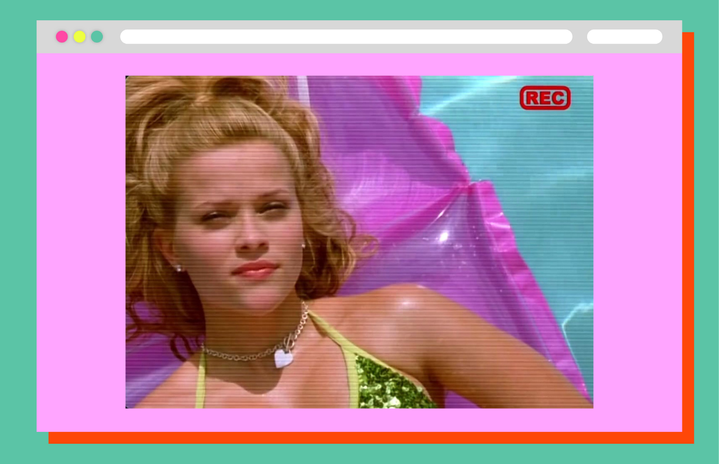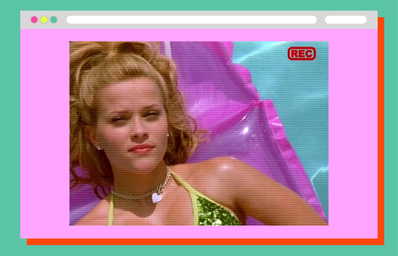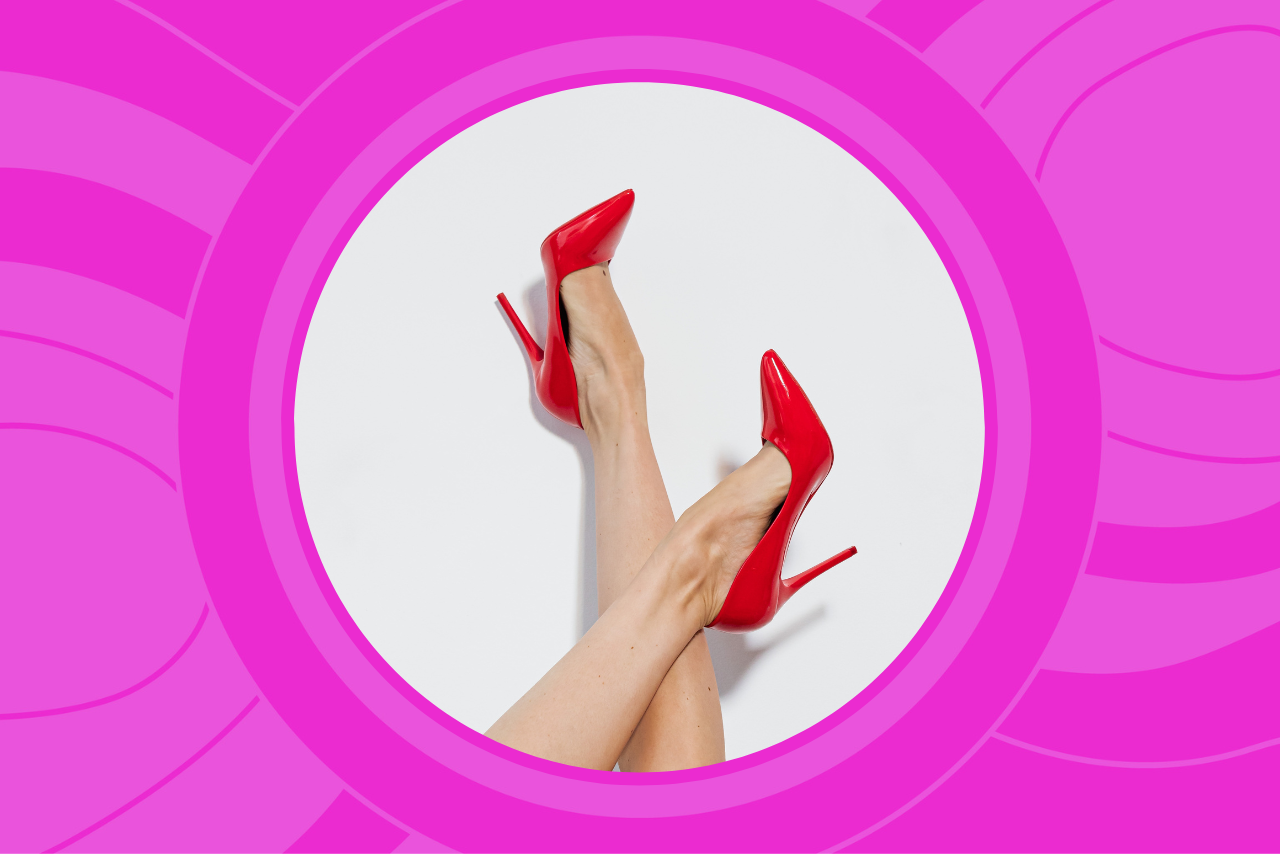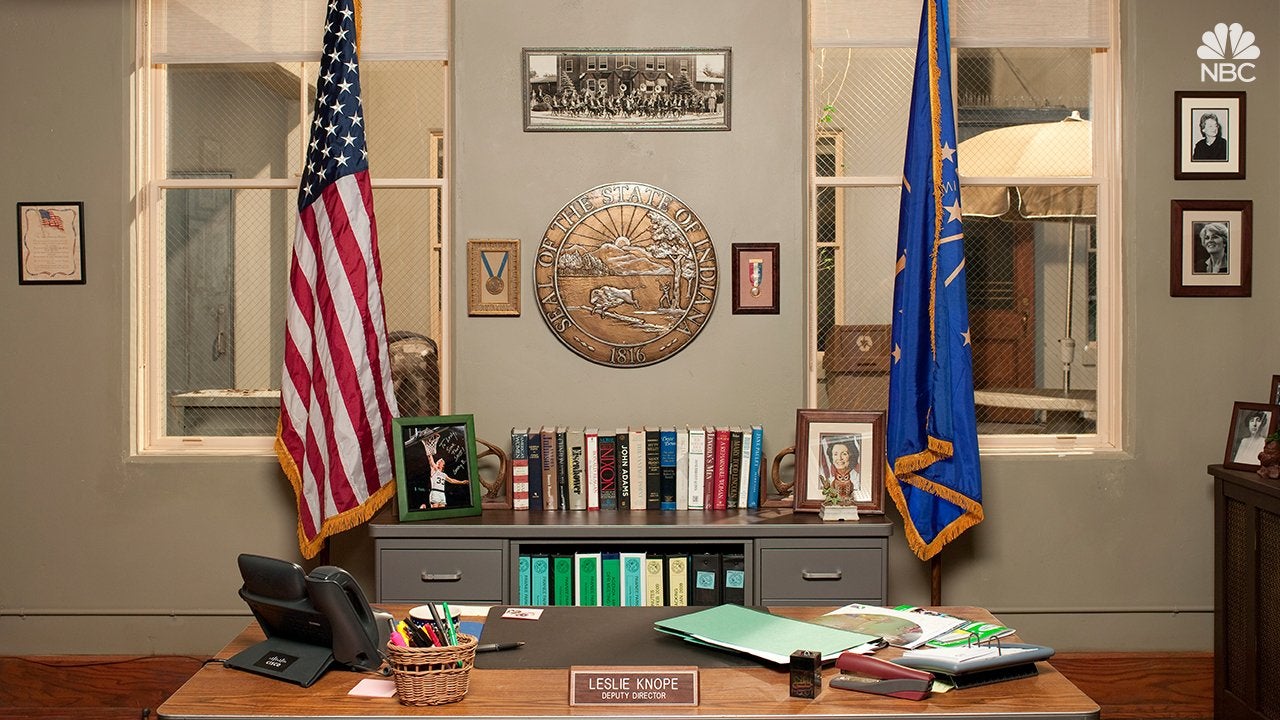What We can Still Learn from Legally Blonde: the Early Aughts Masterpiece
Elle Woods is often mentioned in the considerable list of films’ most influential female characters of the 21st century: funny, wicked sharp, optimistic to no fault, and empathetic, with A-list style. You know you’ve made a cultural impact when entire legal teams storm through courthouses clad in pink, coupled with multi-generational, record-breaking women’s law school enrollment.
A Malibu Barbie sorority president in her fourth year at UCLA has everything any girl could ever want. But when her Ken Doll, Warner, ends their relationship instead of proposing, insisting he needs someone “serious” to succeed in U.S. politics, Elle decides she will do whatever it takes to renew and prove herself to him.
What she encounters not only redefines her character but instills in her audience the qualities of a fierce, self-determined protagonist. Building a new foundation for powerful female leads, Legally Blonde reinforces modern feminist ideals for a new generation by exemplifying the “uncommon” traits of an otherwise stereotypical blonde and flipping the script on unhealthy/self-hating tropes women are taught to buy into while breaking down toxic gender roles.
Through her experience, she upholds that helping others will always get someone further ahead instead of stepping over them, empathy not associated with the shallow-and-ignorant-blonde stereotype.
Elle utilizes her strengths as an effeminate and educated young woman to create connections and allies. Her intense, bubbly optimism propels her through her hard work. Elle never gives up on herself, even when Warner abandons her for law school. Her unconventional methods and workplace attire put off Harvard students, but staying headfast in her ways always gets her where she needs to be.
At first, the rest of Harvard is appalled that a Valley Girl with a rat-sized dog could even be allowed to set foot on campus. The Women’s Companion to International Film, written by professor and historian Annette Kuhn, reads, “Dumb blondes are defined by their combination of overt, ‘natural’ sexuality…with a profound ignorance and innocence manifest in an inability…to understand even the most elementary facts of everyday life.”
People forget that Elle Woods was admitted into Harvard with a 179/180 on her LSAT. However, her respect for others leads her to make important discoveries about her naysayers.
She never gives up on what she believes in: her truth, and proudly lives her life on her own accord. Never giving up on her identity, Elle dons extravagant outfits, never afraid to stand out in the crowd. She celebrates herself, as well as others. Ultimately, everyone roots for her except those who used her to get what they wanted. The Take, a film analysis channel on YouTube, describes, “What makes her [Elle] compelling is the series of different gifts and fresh perspectives she brings to the table, which most of her Harvard peers lack.”.
Characteristically, the early-2000s female-led film starts with a head-in-the-clouds, daddy’s-money-in-her-pocket blonde who possesses all her heart’s desires: a house filled with loyal supporters, the latest in fashion and beauty, a year left until a college degree, a darling fur child, and most importantly, a boyfriend with a bright future lined up for him (all thanks to his last name and credit card).
She soon loses one of her amenities when Warner breaks it off with her. Torn, she sets her sights on pursuing admission into Harvard Law School, following Warner, and winning him back by showing him she can be what he wants: serious. A writer for the movie-analysis website Film Inquiry recalls, “…for feminists, the early 2000s were a little like the dark ages when it seemed that Americans were regaining favor for more ‘traditional’ gender roles (i.e., men as the breadwinners).
Perhaps this cultural phenomenon reflected the nation’s gender wage gap, narrowing between the 1970s and 1990s but slowed down significantly at the turn of the century. In struts Elle Woods.
Other famous blondes such as Leslie Knope and Eleanor Shellstrop from the shows Parks and Recreation and The Good Place, respectively, overturn the goodie-good, brainless blonde to intelligent and hilarious female protagonists.
Stereotypes like Cher from the ‘80s hit Clueless, Regina George from Mean Girls, and Penny from The Big Bang Theory upheld certain standards for women while contributing to the conversation about the dumb blonde archetype and how it affected society’s perception of women.
Women are not supposed to be pretty and happy but also wise and sharp-witted. Wearing pink and expressing a concrete-solid love for shopping seems trivial at first. To her admissions counselor, Elle Woods, taking time to learn about the history of polka dots was abominable. But a video published by Super News Live can be found admitting, “Even [Elle’s] professor, Mrs. Stromwell…can be found getting her hair did at Neptune’s Beauty Nook, which shows to young women that being successful in an academic position doesn’t mean foregoing your femininity.”.
The relationship between Elle and her new match, Emmett Forrest, is ever-growing and never concedes her intellectual ability; instead, it raises it.
The movie promotes healthy dynamics; Emmett treats Elle respectfully and does not immediately sexualize or draw negative conclusions about her commitment to her academic career. He never questioned whether she belonged or not. He treated her as an equal, something no one else at Harvard did. Elle falls for the man who respects and admires her. Callahan, her professor, abuses his power.
His unsolicited attempt backfires when revenge descends clad in hot pink, swinging a chihuahua on her hip, marching up the court aisle to win the case for herself, her legal team, and her Delta-Nu sister. Joe Berkowitz from Fast Company wrote in response to what Legally Blonde’s narrative provides for Hollywood’s victims of sexual abuse:
…all the promising careers that never were. For every woman who’s been blacklisted for sexual noncompliance, there are many more who took themselves out of the equation early on because they were jaded by what they learned about How Things Are…Legally Blonde manages to get across the dramatic impact of such a scenario when Elle Woods drops out but gives her the Hollywood ending that eluded many women who worked in Hollywood.
Berkowitz, Joe. “Looking Back at ‘Legally Blonde’ as a Proto-#metoo Manifesto.” Fast Company, Mansueto Ventures, LLC, 3 July 2018, www.fastcompany.com/40588704/looking-back-at-legally-blonde-as-a-proto-metoo-manifesto.
Inspiring generations of young women to never apologize for their intellectual capability, especially if they were women, drew many more women to the legal profession.
Serving as a timestamp of its release date, other noticeable 2000s actors/actresses are featured in the film, including Jessica Cauffiel, who played Tori in White Chicks with the Wayan Brothers, as well as Jennifer Coolidge from A Cinderella Story with Hilary Duff and Chad Michael Murray, and 1999’s American Pie. Selma Blair of Cruel Intentions, the Hellboy franchise, Ali Larter from 1999’s Varsity Blues and 2000’s Final Destination, and Victor Garber also star. Spawning a sequel and a Broadway musical, Legally Blonde will be passed down by the generations it was made to inspire.
It proves that one’s happiness does not lie in another person but in self-accomplishment and striving for goals, no matter what people around may say is possible. Elle Woods will go down in feminist icon herstory, changing the game and catapulting women of all ages into a future of hope and fulfillment through empathy and self-reliance.








